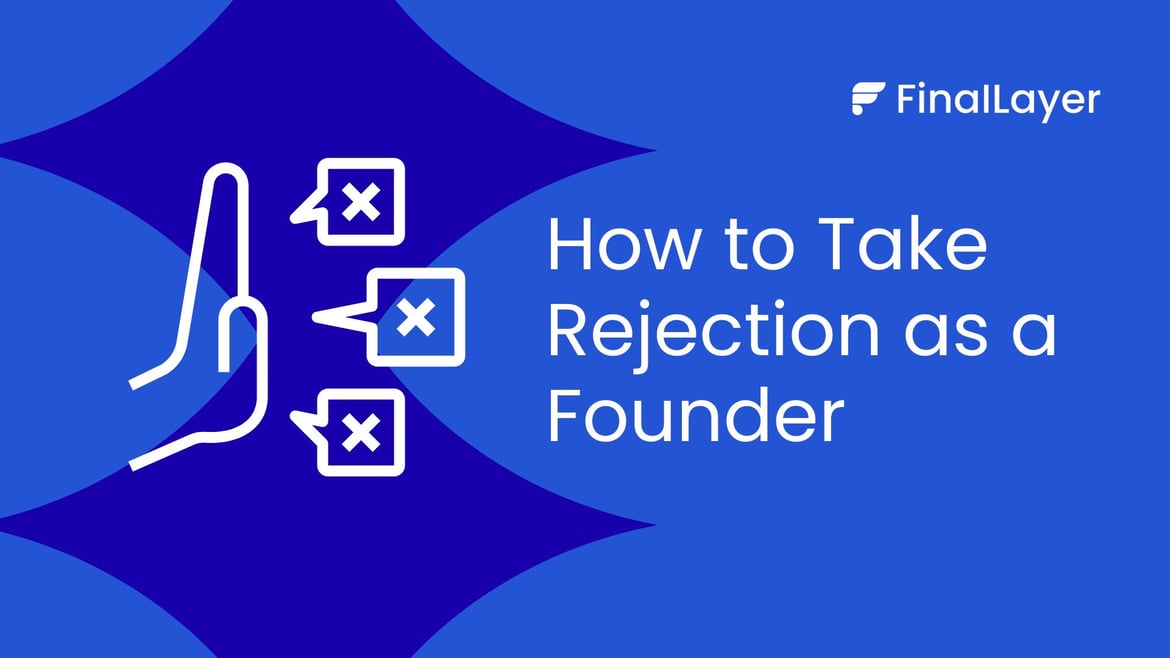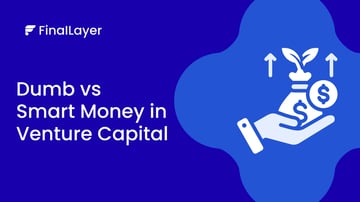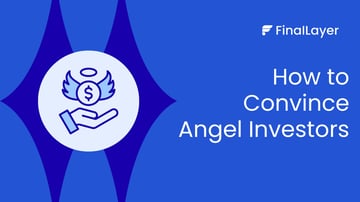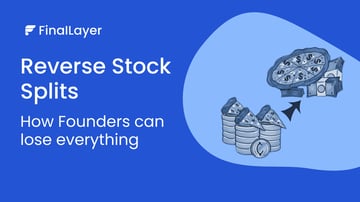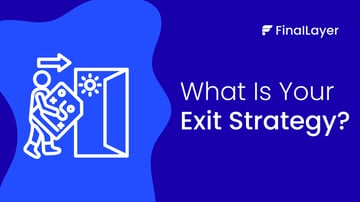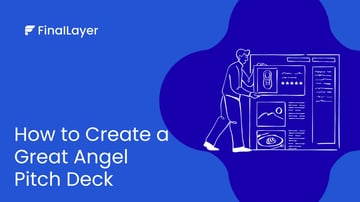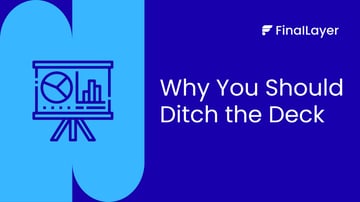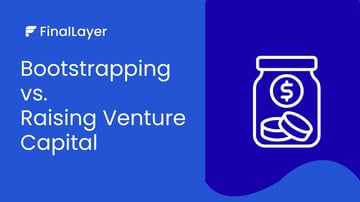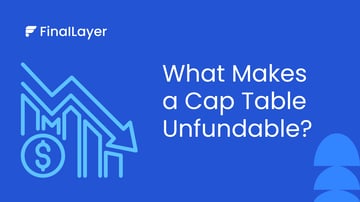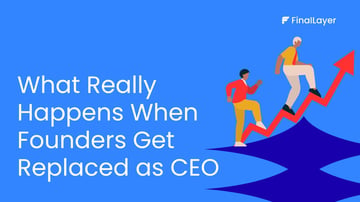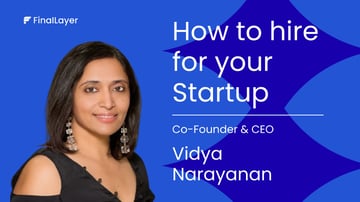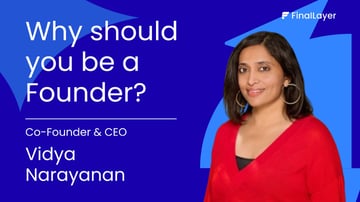If you're an aspiring founder, one of the critical skills you can learn is how to take a no.
The Reality of Constant Rejection
In my 10 years of entrepreneurship, I've been rejected and told no countless number of times. Let me walk you through where these rejections come from, because they're unavoidable at every stage of building a company.
First of all, you'd want people to invest in your company and most of the people you reach out to wouldn't want to do that. You'll send hundreds of emails, take dozens of meetings, and hear "no" or "not right now" or "not the right fit" over and over again.
Next, to build a company, you'll want to hire some people and you'll reach out for that and a lot of people will turn you down. The talented engineers, designers, and operators you want on your team will have other options. Many will choose stability over your startup's potential.
And then let's say you build a product and you'd want to sell it and you reach out to a lot of people and they wouldn't want to buy your product. This might be the most painful rejection of all because it's your creation, your vision made real, and people are saying they don't want it.
These rejections will be soul crushing. They will be gut wrenching. But how you recover from them will be the single most important quality that defines you as an entrepreneur.
The Varying Degrees of Numbness
There are areas in which I've become fairly numb to the rejections. For example, I don't get dejected by an investor saying no anymore. I almost by default expect them to say no anyways. After you've pitched to 200+ investors over a decade, investor rejections lose their sting. You understand the math: most will say no, and that's just how the game works.
And yet there are some areas in which the rejections still feel very personal sometimes. For the last couple of weeks since we launched out of beta, I've been doing some outreach, getting people to try our product, give us feedback. And it has been a rough experience.
Even after 10 years of entrepreneurship, product rejections can still hurt in a way that investor rejections don't. Because the product is what you've built with your team, it's the manifestation of your vision, and having people dismiss it feels more personal than having them decline to write a check.
The Four Types of People You'll Encounter
There are some people who have chosen to take the meeting with me, chosen to be very nice in their conversations and even want to try our product out. And I'm super grateful for that already. These people are the best. They give you their time, their attention, and genuine feedback even if they ultimately don't become customers.
And then there are some people who politely say that they're not interested and I'm very grateful for that as well. A simple "not for me right now" or "not the right fit" is perfectly fine. It's honest, it's clear, and it doesn't waste anyone's time.
And then there's the class of people who just simply ghost you, which also I'm okay with given that it's a cold outreach and I don't expect everybody to respond to me. No response is a response. I understand people are busy and don't owe me their attention.
The Problem: People Who Actively Put You Down
It's the last class of people that I really have a problem with and these are the people who will take the time to let you know how shitty your idea is and why your company is doomed to fail. They are snobby, they hate marketing, they hate the tools that you used to reach out to them and they really want to put you down.
So I received one such response today which briefly took me down for a couple of hours, had me feeling kind of low. Even with thick skin developed over a decade, these responses can still affect you temporarily. And that's okay - it means you still care about what you're building.
But it's really critical that we ignore these people who have strong opinions but do not even want to try your product. Their feedback is worthless because it's not based on experience with what you've built. It's just negativity for its own sake.
The Disappointment from Fellow Entrepreneurs
What's fascinating is that in this round of outreach, I only reached out to other fellow entrepreneurs and it's some of those people who choose to be super rude. This was particularly disappointing because I expected more empathy from people who've been in the trenches themselves.
These founders especially must have more empathy towards fellow founders. They should know that everyone needs to do marketing in one form or the other. Whether it's outbound sales, content marketing, or cold email - we all have to reach potential customers somehow. And there's really no need to put anybody down.
If they're not interested, all they have to do is move on. Delete the email. Click unsubscribe. Ignore the LinkedIn message. The fact that they will take the time to write elaborate negative notes to you shows their personality, not the quality of your idea or your approach.
What Entrepreneurship Teaches You About Empathy
I have to say that entrepreneurship did bring more empathy in me towards cold callers and sales outreach people and the cold emails that I get and so on. When you've done it yourself, you understand how hard it is to put yourself out there repeatedly and face rejection.
And sometimes I will actually let people know that I'm not interested. At other times if I'm overwhelmed, I would simply ignore. But I've never done the hateful response back or telling people that, you know, why their idea sucks. Because I know how much work and courage it takes just to hit send on that outreach message.
Developing Thick Skin: The Essential Skill
But anyways, you cannot avoid running into such people. They exist in every industry, at every stage of company building. So as entrepreneurs, the best skill again that we can develop is that thick skin and the ability to really ignore - and I mean truly, truly ignore - absolutely everything such people are telling you.
Why? Because they don't know shit about your area and they have no rights to actually comment on it. Someone who won't even try your product, who doesn't work in your space, who doesn't understand your customer - their opinion is noise, not signal.
A Life Skill Beyond Entrepreneurship
I'd go one step further to say that this is actually a life skill that's useful for everybody, whether or not you're an entrepreneur. The ability to distinguish between constructive feedback from people who've engaged with your work and destructive criticism from people who just want to tear you down - that's valuable in any career, any creative pursuit, any meaningful endeavor.
How to Actually Develop This Skill
So how do you actually build this thick skin? Unfortunately, there's no shortcut. You have to go through the rejections. You have to feel the sting, recover, and do it again. Each time, the recovery gets a little faster. Each time, you get a little better at distinguishing signal from noise.
Here's what helps: remember that the people giving hateful feedback without trying your product are revealing something about themselves, not about you. Their negativity is their problem. Focus on the people who engage constructively, even if they ultimately say no. Those people are helping you get better.
And most importantly, keep shipping. Every rejection you survive makes you stronger. Every hateful message you ignore and move past proves that you can't be stopped by random negativity on the internet. The founders who succeed aren't the ones who never face rejection. They're the ones who face it constantly and keep going anyway.
At FinalLayer, we're in the thick of this right now. We're reaching out, getting feedback, facing rejections, and learning to separate constructive criticism from random negativity. It's part of the process, and we're getting better at it every day.
If you're a founder dealing with rejection and need to talk with others who understand, join our founder's Slack community where we support each other through the difficult parts of building companies, including the constant rejections that come with the territory.
